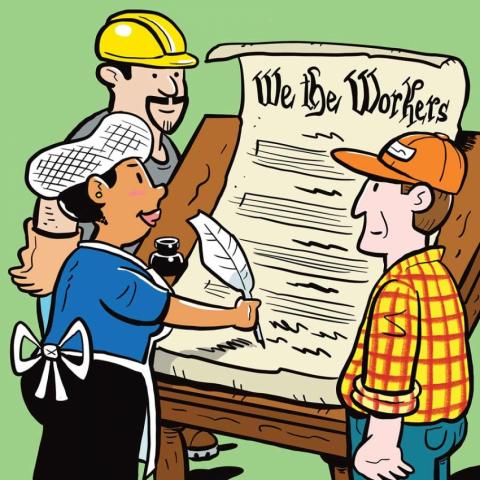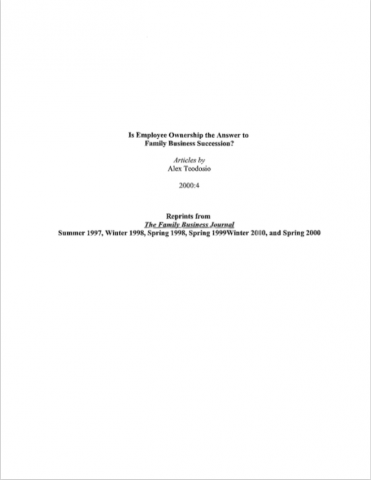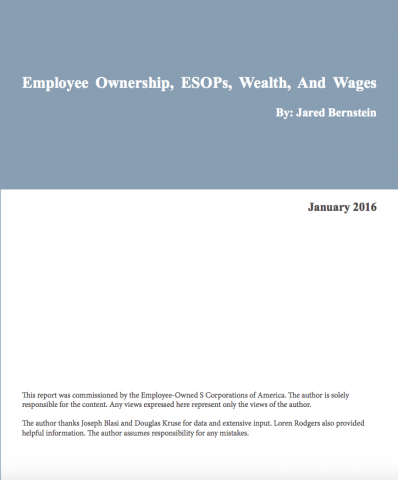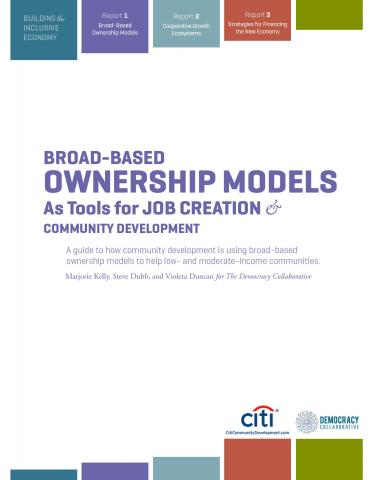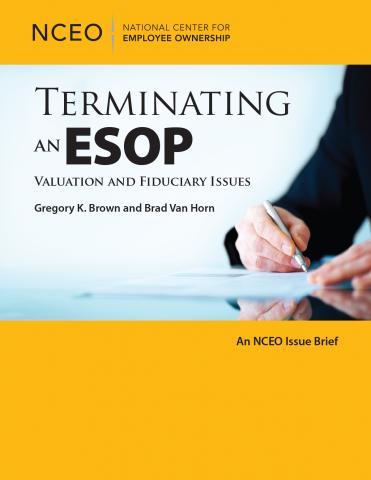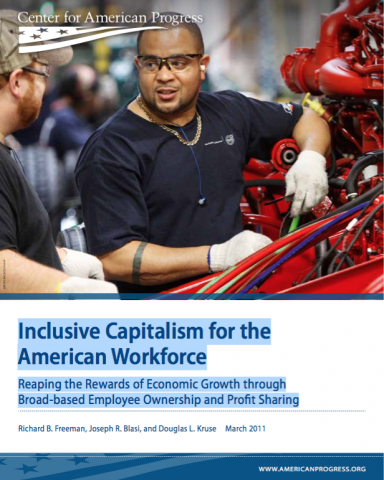Kennicott is one of the oldest continuing operating businesses in Illinois. Dr. John A. Kennicott founded The Grove Nursery in 1836 and Kennicott Brothers Company, which incorporated in 1881, became the first wholesale florist company in the Midwest. In addition to its store in downtown Chicago, it now operates 16 other locations servicing 10 states. In May 2000, Kennicott became a 100 percent employee-owned company when the Kennicott family used an ESOP to transfer ownership to the firm's employees. The firm now has over 300 employee-owners.
